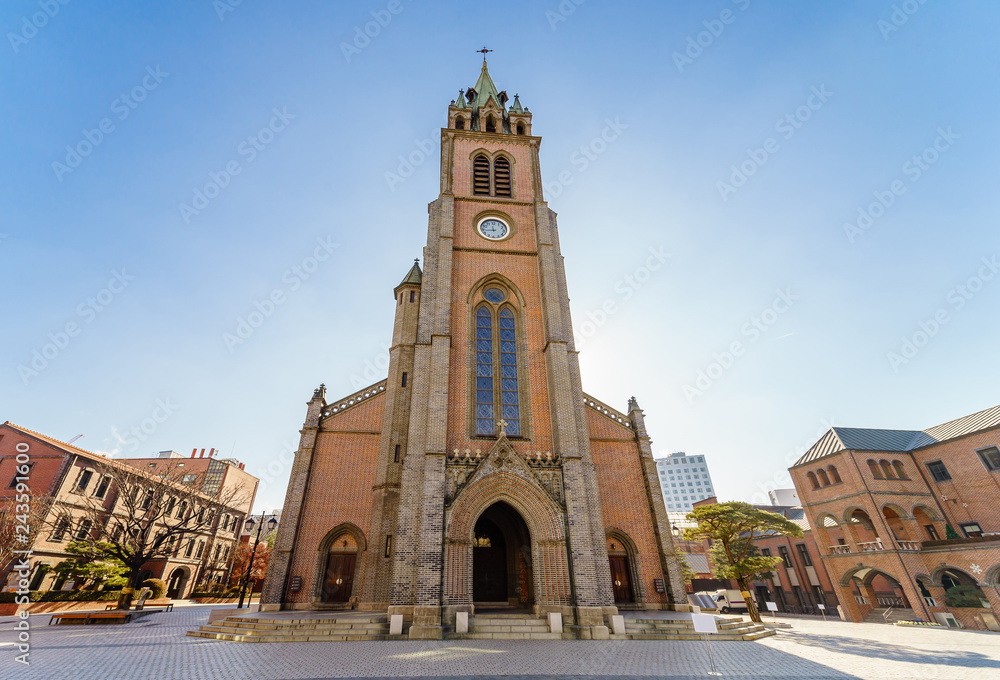
In a bulletin for priests, a member of the Justice and Peace of a diocese writes about finding lost lifestyles and activities.
According to a survey on the 'favorable impression and religious efficacy of major religions' released by Korea Research last November, unlike the decrease in other religions, the preference for Catholicism decreased considerably. Because the favorable impression for other religions also decreased, one can think that the overall popularity of religion has decreased in society and secularized rapidly with the development of science and technology
However, it seems difficult to say that religion is losing its power due to secularization seeing as tens of thousands of people flock to emerging pseudo-religions in present day Korea.
In the survey, more than 70% of the respondents said they gain positive effects in their lives through religion. In our secularized society, at least 7 out of 10 people affirm the role of religious teaching. On the other hand, Catholics since 2018, the population that believes in Catholicism has remained unchanged at 11% of the total population of Korea. The Catholic population has not changed much, but the affinity for Catholicism is decreasing and the number of those leaving the community has increased greatly.
The number of people who are showing a vocation to the religious life or priesthood has decreased significantly. Can we understand this phenomenon simply as a result of the secularization of our society, or as one of the naturally changing processes like the European churches? On the other hand, it is too irresponsible to regard it as a natural change like the European church.
One religious priest said: "If people feel that way, it will be the result of our wrong lives." The writer thinks this is an accurate understanding of the situation. As a layperson, if you ask about the cause of this phenomenon, the answer that usually comes back is 'anti-church laity.'
The church was indifferent to the daily life of the members of the church community. While focusing only on the quantitative growth of the church, the church community did not realize the 'mode of life and activity' (modus vivendi et operandi) of faith that the church community should clearly reveal as Christians.
The priests and religious who fought against the Korean military dictatorship are a good example of this method, but even they were trapped in the methods of the 1980s. It was a good thing to be against the dictatorship but also important to enact a serious disaster punishment law to prevent the death of workers.
Enactment is also important. Has the church showed an interest on those on the fringe of society such as the urban poor, sexual minorities, migrant workers, and the like? He wonders if the church has researched this issue and shown the 'way of life and operation' of faith according to the teachings of Jesus in dealing with them.
It is not that there are no members of the church community accompanying them. However, they are still a minority in the church community, and unfortunately, their voices are weak. So, people are greatly disappointed by the indifferent attitude of the church, and the church has been placed in the current contradictory situation.
As the religious priest said earlier: I think the time has come when we need to seriously reflect on 'how we have lived wrongly' and face the problems that exist. We should think together not only about justice, but also what kind of peace we want to create together in our daily lives.